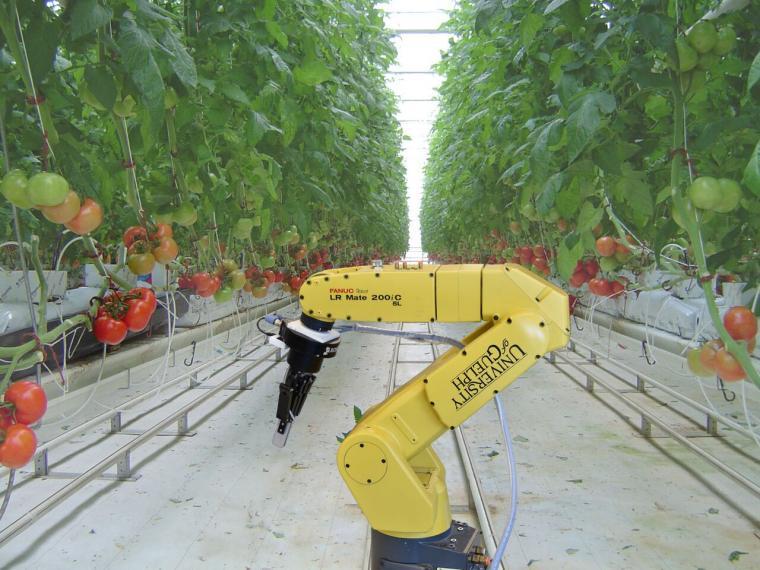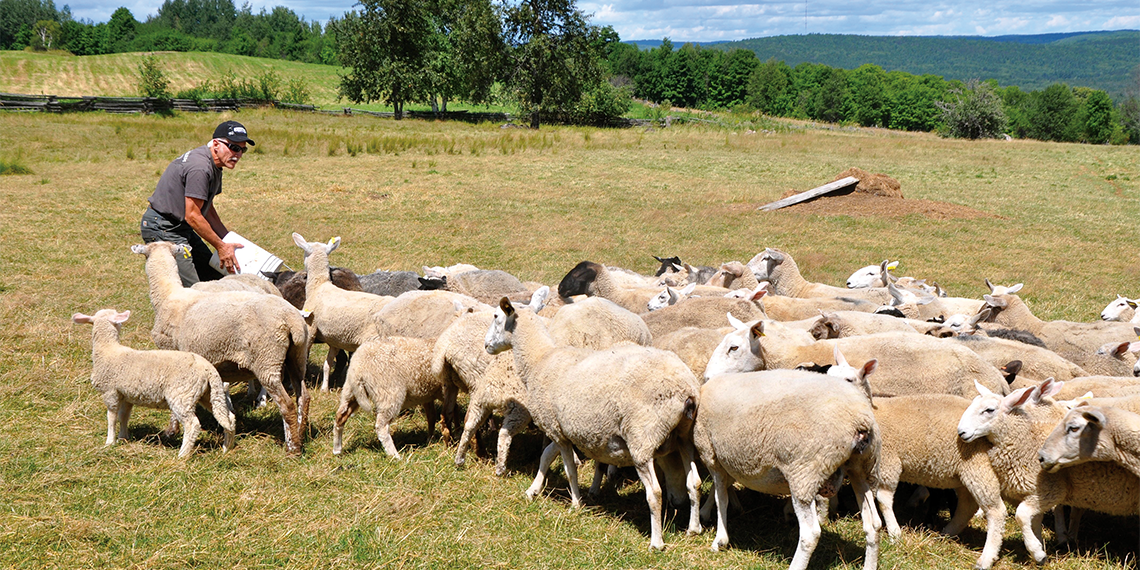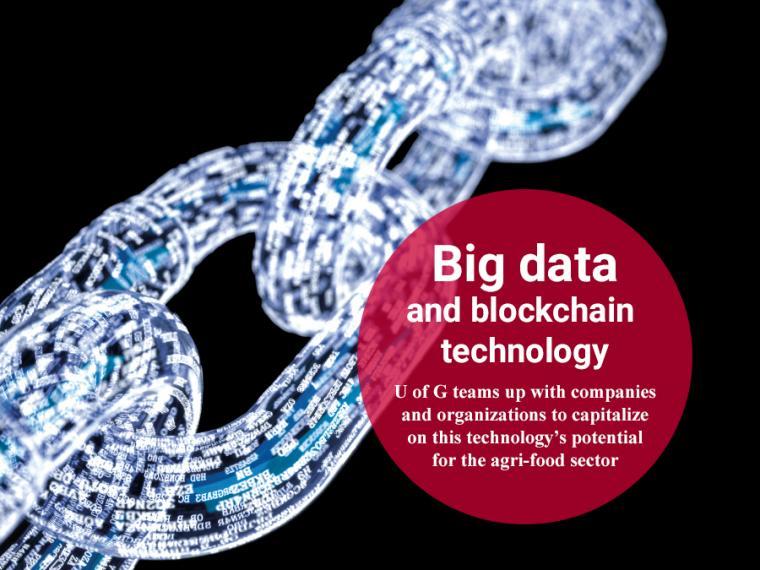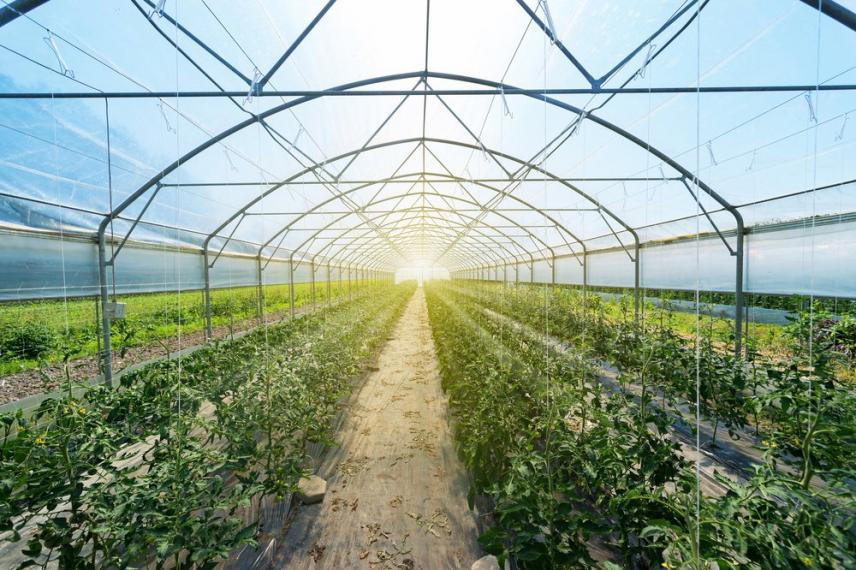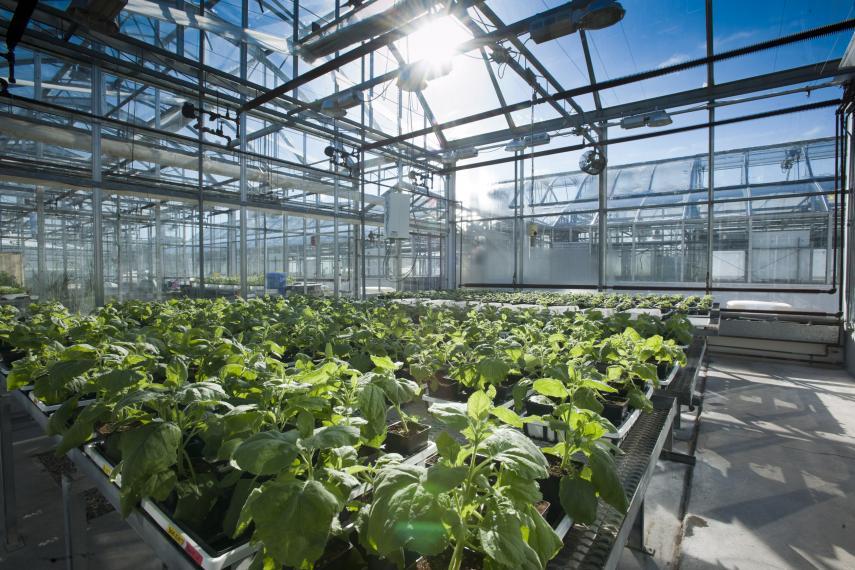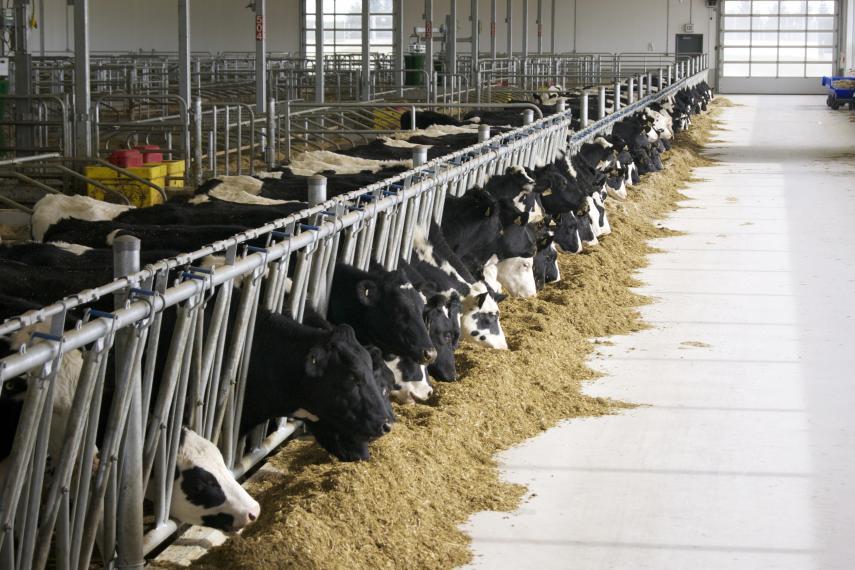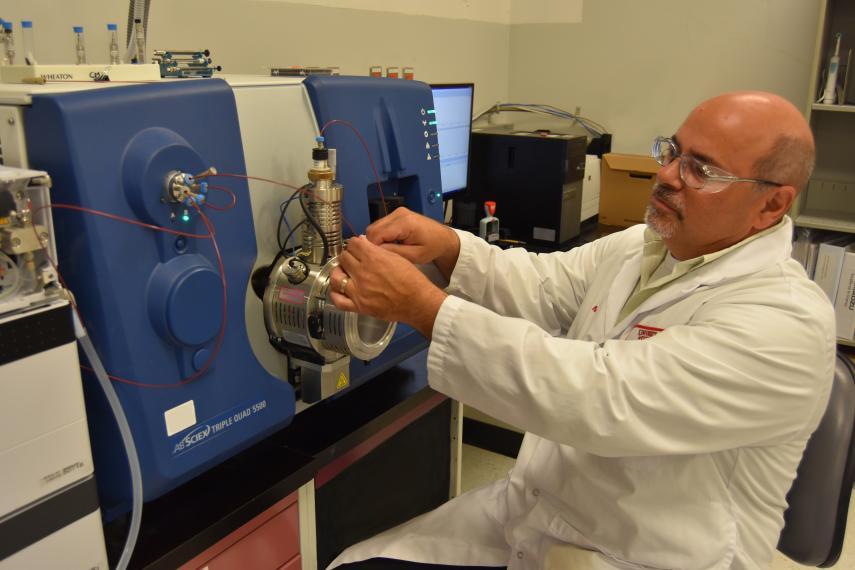
Less environmental impact found through new analytical method
Veterinary drugs and pesticides detection in food tested at the U of G Agriculture and Food Lab (AFL) has been improved through a new method that increases the number of detectable compounds in samples, while simultaneously using a more environmentally friendly compound to reduce the impact of volatile emissions.
